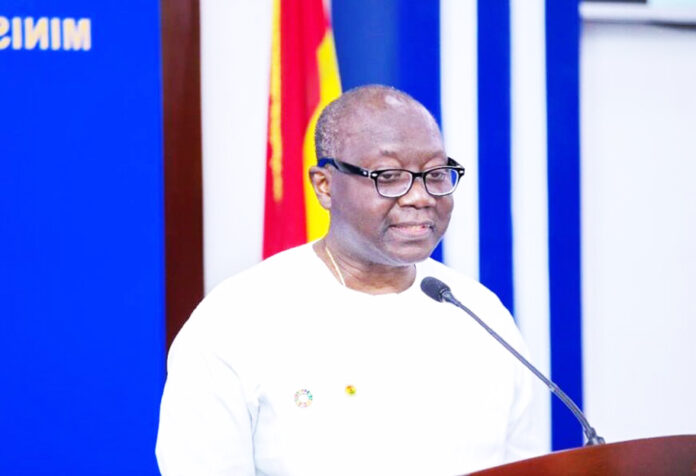The World Bank has approved a $300 million Development Policy Operation for Ghana. The First Resilient Recovery Development Policy Financing is a critical contribution by the Bank’s International Development Association (IDA) to help Ghana’s economic recovery and support the country’s resilient and inclusive growth.
“The Government of Ghana remains committed to restoring macroeconomic stability and to the implementation of lasting reforms to set the economy on a path of strong long-term sustainable growth and transformation. The disbursement of this $300 million Development Policy Financing, the first in a series of three, will play a vital role in easing Ghana’s fiscal constraints, sustaining the momentum of economic recovery while protecting the poor and vulnerable,” said Ken Ofori-Atta, Minister of Finance for Ghana.
The approval of this financing package follows last week’s agreement in principle by the Official Creditors’ Committee under the G20 Common Framework on the key parameters of the proposed debt restructuring for Ghana. The agreement, which is consistent with the Joint World Bank-International Monetary Fund Debt Sustainability Framework, represents a critical milestone toward restoring debt sustainability.
“Restoring fiscal and debt sustainability, bolstering growth prospects, curbing inflation, and protecting the most vulnerable – measures supported by this financing – are urgent priorities for Ghana. They are also essential steps to allow the country to attract more foreign investment, revitalize its domestic private sector, build resilience against climate change, and improve the quality of life of its people,” said Ousmane Diagana, World Bank Vice President for Western and Central Africa.
The Resilient Recovery Development Policy Operation is the first in a series of three operations of $300 million each and part of a broad World Bank engagement for crisis response and resilience in Ghana.
Its objectives are to:
1) restore fiscal sustainability;
2) support financial sector stability and private sector development;
3) improve energy sector financial discipline; and
4) strengthen social and climate resilience.
Specific reforms supported by this financing series include strengthening domestic revenue mobilization, controlling expenditures, safeguarding financial sector stability, removing barriers to private investment, setting the energy sector on a sounder financial and operational footing, strengthening the country’s social protection system, and mainstreaming climate adaptation and mitigation across policies.









